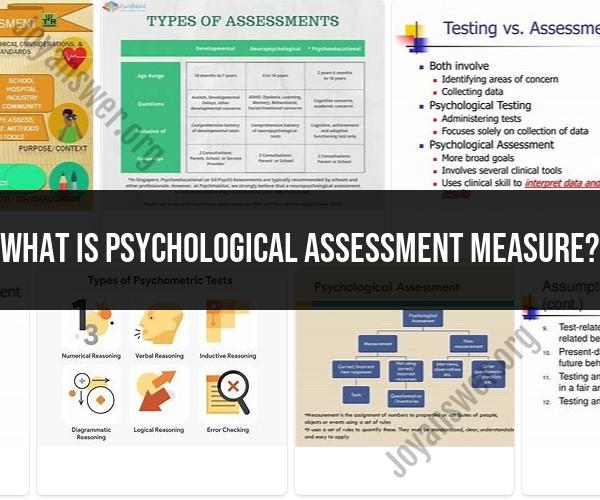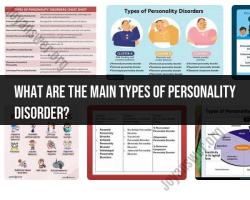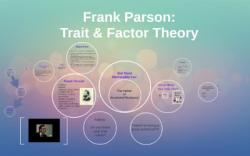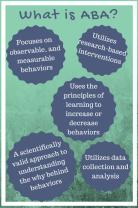What is psychological assessment measure?
Psychological assessment measures are tools used by psychologists and mental health professionals to gather information about an individual's psychological functioning, behaviors, emotions, and cognitive abilities. These measures help in understanding and diagnosing mental health conditions, making treatment decisions, and monitoring progress. Here's a comprehensive overview of psychological assessment measures:
1. Types of Psychological Assessment Measures:
- Interviews: Structured or semi-structured interviews involve asking questions to gather information about a person's symptoms, history, and functioning.
- Self-Report Questionnaires: Individuals answer a series of standardized questions about their thoughts, feelings, behaviors, and experiences.
- Observational Measures: Observers watch and record behavior in natural or controlled settings.
- Psychological Tests: Standardized tests assess specific aspects of cognitive functioning, personality traits, or specific disorders.
2. Common Uses:
- Diagnosis: Assessments aid in diagnosing mental health conditions, personality disorders, and cognitive impairments.
- Treatment Planning: They provide valuable information for tailoring effective treatment plans.
- Outcome Monitoring: Progress can be tracked over time to evaluate the effectiveness of interventions.
- Research: Psychological assessments contribute to research by providing standardized data for analysis.
3. Examples of Psychological Assessment Measures:
- Beck Depression Inventory (BDI): A self-report questionnaire assessing the severity of depressive symptoms.
- Minnesota Multiphasic Personality Inventory (MMPI): A comprehensive personality assessment tool used to assess psychopathology and personality traits.
- Wechsler Adult Intelligence Scale (WAIS): A cognitive assessment tool used to measure intelligence and cognitive abilities.
- Structured Clinical Interview for DSM Disorders (SCID): A structured interview used for diagnosing various mental health disorders.
4. Standardization and Reliability:Psychological assessment measures undergo rigorous development, validation, and standardization processes. Reliability (consistency of results) and validity (accuracy of results) are crucial aspects of any assessment measure.
5. Cultural Considerations:Cultural factors can influence the interpretation of assessment results. Culturally sensitive assessment practices ensure that the measures are appropriate for individuals from diverse backgrounds.
6. Professional Training:Interpreting psychological assessment results requires specialized training and expertise. Only licensed psychologists or trained mental health professionals should administer and interpret assessments.
7. Ethical Considerations:Ethical guidelines dictate that assessments should be administered and interpreted responsibly, with full consideration of confidentiality and the well-being of the individual being assessed.
8. Limitations:Psychological assessments are not infallible and have limitations. Factors such as response bias, situational factors, and the subjective nature of self-report can impact results.
9. Ongoing Assessment:Assessment is often an ongoing process, especially in therapy. Regular reassessment helps track progress, adjust interventions, and ensure treatment effectiveness.
It's important to note that psychological assessment is a complex field, and the choice of measures depends on the specific goals, context, and individuals being assessed. Psychological assessments should be conducted by trained professionals and used in conjunction with clinical judgment, therapeutic rapport, and a holistic understanding of the individual's needs and experiences.













